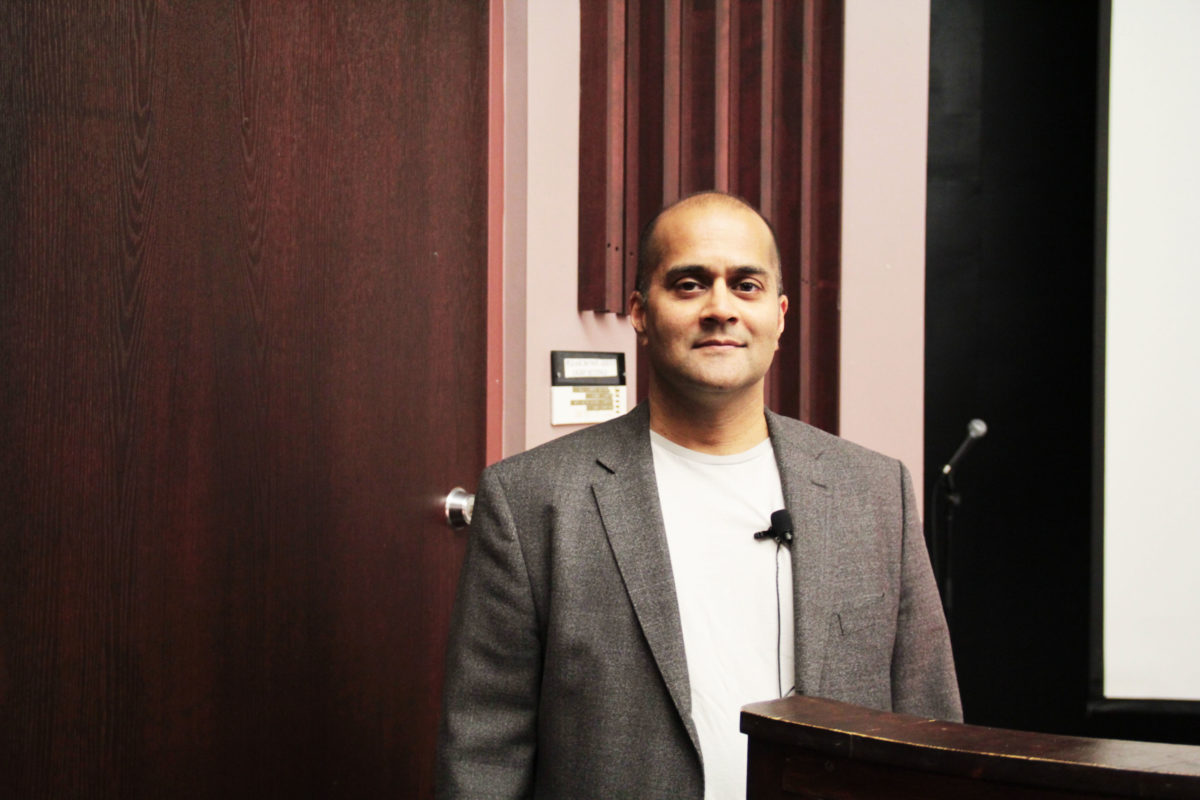Narine stated this creates a conflict for many in the Western world, as our liberal values aren’t necessarily reflected in foreign policy. For example, in February, Parliament passed a motion to reject an international boycott, divestment and sanctions campaign against Israel both at home and abroad. The campaign calls for a boycott of Israel until the state “complies with international law and universal principles of human rights.”
Much of the Western world, Narine said, views the conflict in Israel from a European historical lens that defines Jewish peoples as victims of aggression and prejudice. Through this lens, the conflict with the Palestinians is viewed as a continuation of this pattern, where Palestinians are the aggressors. This is the position, Narine said, Canada has taken.
“Canada is solidly pro-Israel … and it doesn’t seriously consider the Palestinian position,” he said.
The non-Western world, Narine said, views Israelis as aggressors from which the Palestinians are defending themselves against colonial domination. As Canada is a multi-cultural, multi-ethnic and multi-linguist nation, it becomes more difficult over time for us to ignore these different perspectives.
“There’s a great element of Eurocentrism in how Canada and other western countries have approached this issue, then as these countries become less European, as they become more exposed to other perspectives and other peoples, that has to change.”
He stated Canada’s growing diversity and growing concern with treatment of Indigenous people adds additional complications and tensions within Canada. As Israel was established on a land that was already populated, that means Palestinians would be the indigenous people of that land.
“Canada should adopt a foreign policy that’s more balanced and more supportive of Palestinians rights and perspectives,” said Narine. “Now, I’m not arguing at all, that we have to throw Israel under the bus.”
Narine’s arguments that Canada should provide a balanced position in foreign policy reflective of both Israel and Palestine did not escape criticism during question period.
A local woman was vocal in her opposition to his arguments, such as calling into question the character of sources used in one of Narine’s academic articles, though she was unable to critique the actual content of the quotes.
She also criticized borders presented in graphs during the presentation. Narine began to respond to her argument by stating it was illustrative of the Eurocentrist views to which he had referred earlier in his discussion at which point, organizers informed students the room was required for another event. The attendee requested the lecture be continued at another date, so that she might be able to refute the lecture publicly and the debate turned towards academic freedom as students left the auditorium.

